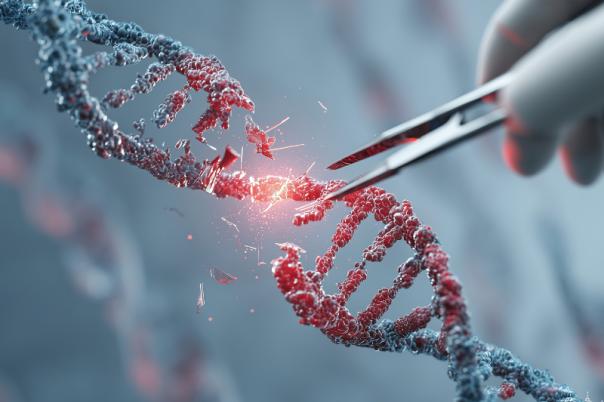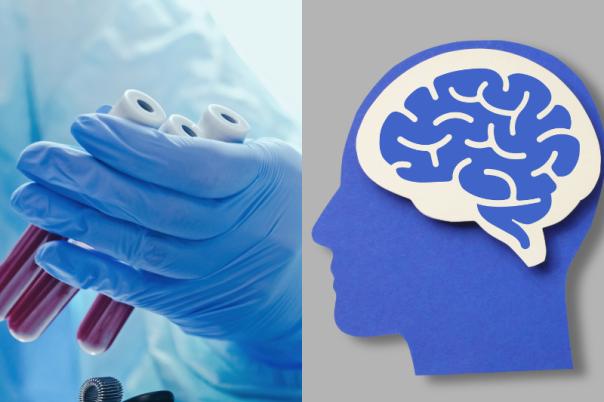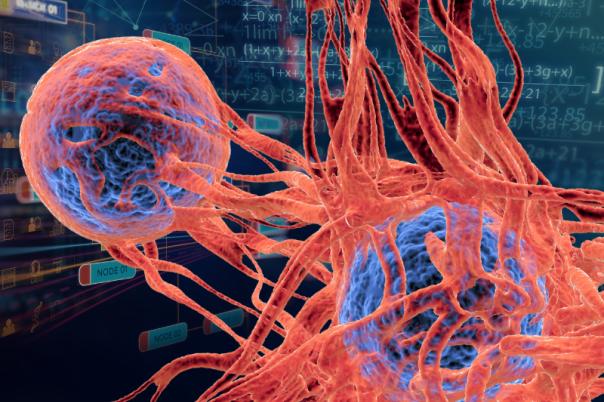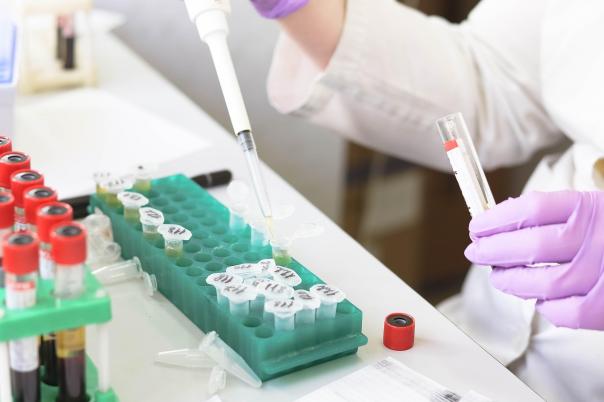Matthew Humphries, Director of Research Operations, Leeds Teaching Hospitals NHS Trust presented on NPIC’s Digital Pathology Network Expansion. NPIC has spearheaded the largest IT infrastructure in the NHS for digital hospitals. This initiative actively supports 30 -40 hospitals with scalable storage and rapid deployment of clinical algorithms. This program was made possible as a result of around £150 million of public funding.
The NHS’s IT infrastructure is sub-par, so this system plans to lighten the computational burden on the UK’s healthcare system and make processes more efficient through digitisation. Digitisation is vital because it enables instant second opinions, faster diagnosis for rare conditions and diverse data sets for AI development.
The NPIC can facilitate digitisation by providing a secure and anonymised research environment with high interoperability. Humphries added that NPIC also supports AI model testing and rapid data sharing for global research collaborations.
With regards to partnerships, the NPIC is keen to explore collaborations and has teamed up with Genomics England and National Archives to digitise cancer pathology slides with the goal of overcoming major logistical obstacles and enabling multimodal AI research. Furthermore, this partnership initiated the digitisation of the national slide archive for broader research access.
Humphries and his team have also developed a multiplex assay to improve accuracy in complex lung cancer cases, particularly PD-L1 testing. This assay allows for better cell-type delineation and reducing overtreatment by clarifying PDL1 positivity. Pathologists can now request multiplexing in diagnostically uncertain cases, increasing confidence in complex diagnoses. In a nutshell, the NPIC network is transforming pathology workflows, supporting clinical and research needs, and facilitating collaborations across the NHS and beyond.




